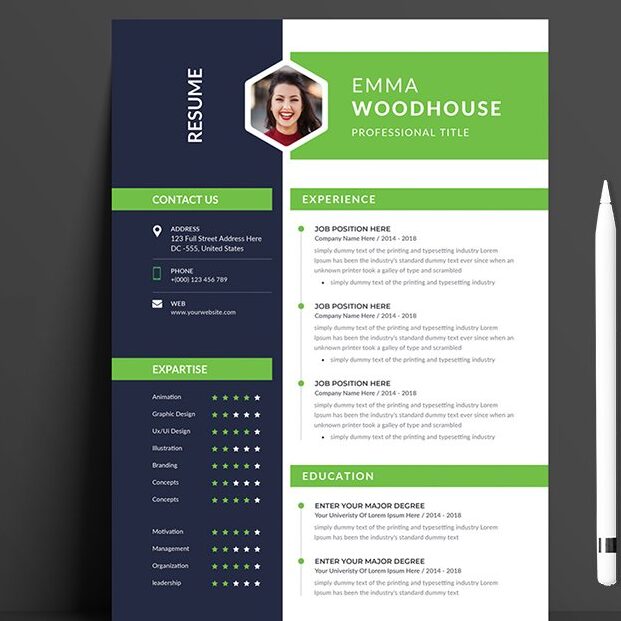The time has come to gather your thoughts and put down all of those grades and experiences you’ve slogged out thus far in the form of a glorious CV, in preparation for your grand entrance into the field of the finance career job hunt.
Here are some finance CV tips to help get you started.
Sell yourself
Describe instances in which you’ve used your many skills and talents in practice, rather than just writing down what they are. Nobody wants to hear about your “strong quantitative and analytical abilities.”
Instead, use the space to talk about specific instances in which your skills have been put to the test, and provide examples to prove your ability to do an excellent job.
Internships are a perfect chance to nail this bit of the CV. Be sure to include any details of projects of tasks you accomplished during your placement and how your finance or numerical skills enabled you to successfully complete them.
The same goes for extra-curricular activities; if you’ve ever had a job involving data or handling money, met targets, planned budgets, or—of course—been a university society treasurer, writing about these experiences will work wonders.
Tailor your CV to each organisation
As each job you apply for will undoubtedly have its own criteria for their top applicants, it’s important to make sure that your CV ticks the boxes and fills the requirements that the organisation is looking for.
Search for specific guides on how to write your CV depending on the organisation—huge firms often have their own specific guides on writing and application for them, and not adhering to them will instantly show a lack of research or effort.
For example, investment banks Goldman Sachs and J.P. Morgan insist that an undergrad CV should never go onto a second page—so being concise about what information you put on there is essential.
Quantify, quantify, quantify!
Describing your achievements in concrete terms is essential in applying for a role in the financial sector. In a sector that deals with numbers all day, every day, employees will be obsessed with assessing your CV in relation to certain criteria and scoring them according to grades and the types of experience gained so far.
Knowing what you did is equally as important to finance employers as knowing “how much” or “how often”, so be specific and remember to include the results of your actions. If, for example, you undertook a certain project or brief in an internship, what goals or targets did you accomplish?
Break it down
Aside from the basic proofreading that comes with any piece of writing in a job application, having the right structure and layout is essential when it comes to crafting a persuasive CV.
Having a brief personal summary at the start of your CV, followed by a list of your key qualities and practical experience—‘competencies and skills’, for example—will save the reader the detective work of having to infer it from your work experience.
Start with the most recent work experience first and work backwards, including dates and what you did there. If you don’t have heaps of industry experience through internships, be sure to include any academic highlights, achievements or awards gained at university, as well as relevant extra-curricular activities.
Elaborate on the most important ones and make sure you include evidence for any claims you make with regards to your suitability. Above all, be sure to prioritise the things that will make you stand out as a candidate. The bit where you get to talk about your interests at the end can be a good place to describe personal qualities such as leadership and teamwork—but if you do list your hobbies, keep it brief!

For years I have studied American finance regulations. All the information in this blog is sourced from official or contrasted sources from reliable sites.
Salesforce Certified SALES & SERVICE Cloud Consultant in February 2020, Salesforce Certified Administrator (ADM-201), and Master degree in “Business Analytics & Big Data Strategy” with more than 13 years of experience in IT consulting.
